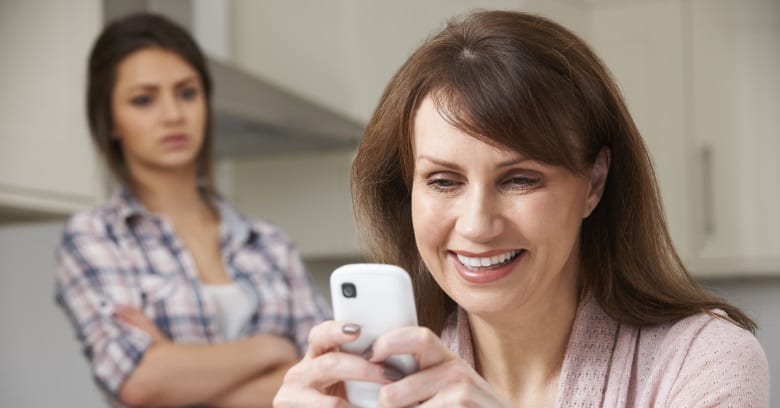Picture a child entering the world, around the time that a new social networking venture known as thefacebook.com is making its own entrance to the world. It is 2004, and the child is easy to picture. Her parents have photographed their daughter’s first breath, first smile, first spoonfuls and first steps. When she reaches school age, she is snapped in uniform, probably outside the front door, and one parent, probably her mother, shares the image with friends. The child learns to read, write her name. She wins certificates, excels at sport. When Twitter, Instagram and later Vine arrive, her public identities multiply. She starts secondary school.
 In a few months, this child and her classmates will begin to turn 13 and, perhaps, create their own Facebook accounts. When they do, they will come face to face with their digital shadow. They may step into it easily, or try to sever themselves from it, but it won’t let go, this pre-existent media identity, because it has logged their lives from the moment they left the womb. Some will recognise their digital shadow, but what of those whose online identity bears little relation to their sense of self, or to the public identity they want to share? For years, parents have fretted about their children’s posting activities, while continuing to post as they wish about their offspring. Is it time they stopped – or at least asked for permission first?
In a few months, this child and her classmates will begin to turn 13 and, perhaps, create their own Facebook accounts. When they do, they will come face to face with their digital shadow. They may step into it easily, or try to sever themselves from it, but it won’t let go, this pre-existent media identity, because it has logged their lives from the moment they left the womb. Some will recognise their digital shadow, but what of those whose online identity bears little relation to their sense of self, or to the public identity they want to share? For years, parents have fretted about their children’s posting activities, while continuing to post as they wish about their offspring. Is it time they stopped – or at least asked for permission first?
Today these questions are on the minds of the children at Kingsford community school in Beckton, east London, where the 13-, 14- and 15-year-old members of the Debate Mate after-school club are filing into a classroom on the first floor, slinging down school bags and glancing at the motion on the whiteboard. “This house would ban parents from posting about their children on social media,” the debate leader writes.
“It’s kind of weird your parents are still posting pictures of you on social media,” someone says. One boy, Malachi, bows his head and writes a single word on his notepad: reputation. “This is really about consent,” his friend says. “Do I want to be seen by a larger, broader range of people?” There is a loud hum of agreement and one girl raises her voice: “Parents! We don’t want them invading our privacy. Because some of us, the only privacy we get is through social media.”
These pupils often discuss social networking sites, their attractions and perils, but this is the first time they have turned their scrutiny on their own parents. And yet parents are the object of an increasingly aggressive interrogation. This spring a mother from Shropshire called out her son’s bullying on Facebook, only for the post to go viral; the criticism of her became so intense she removed it and changed her Facebook page and phone number. Next came the 20-year-old mother from Balloch, Scotland, whose photographs of her 11-month-old daughter in tiny high fashion outfits attracted an Instagram following that included Khloé Kardashian – until critics claimed the woman was sexualising her baby. She has since locked the account and gone to ground. After her came the Arizona father who nakedly cradled his naked, feverish baby in the shower, an image his wife snapped and shared, before Facebook removed it as offensive.
Excessive sharing about your children has long incited disapproval, but recently the disapproval has begun to acquire a proto-legal tinge. In March, French police warned parents against posting photos of their children on social media; according to social media analyst Eric Delcroix, the children could soon be able to sue them for posting inappropriate pictures, under the country’s privacy laws. The treasurer of the UK’s Human Rights Lawyers Association, Leanne Targett-Parker, echoes the idea that it is only a matter of time before children mount legal challenges against oversharing parents. “You can’t imagine it not being something that starts to develop within the next five to 10 years,” she says. “I can’t see how there can’t be attempts at suing people for putting up posts that they’re unhappy with.”
One day my hair was all raggedy, sticking up all over. My auntie put it on Facebook. I was so embarrassed I cried





![[Video] How to get rid of bed bugs in Toronto](https://www.thehowtozone.com/wp-content/uploads/2019/10/maxresdefault-2-100x70.jpg)


